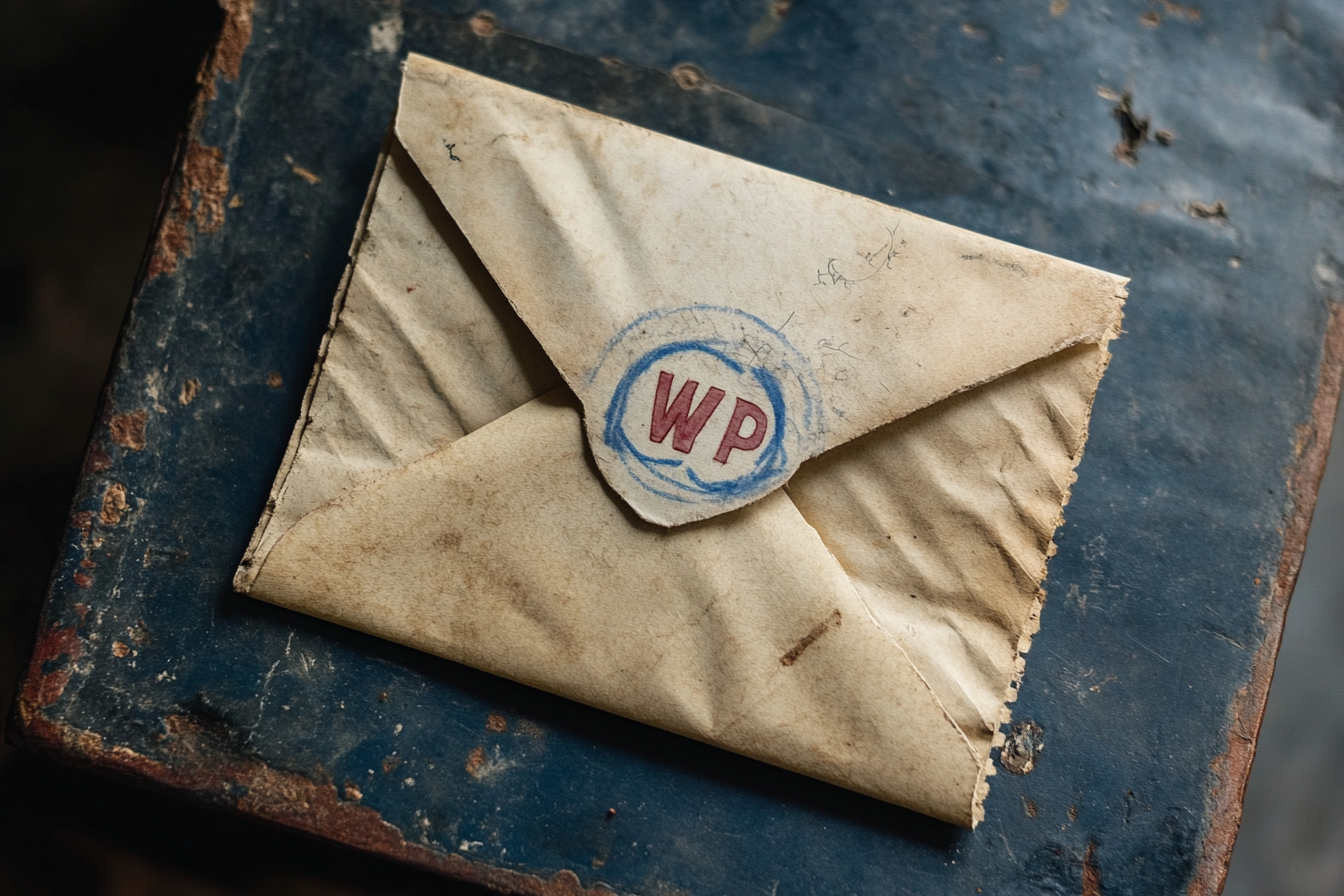A letter, of sorts
Dear WP Engine
I am a long-time customer. I moved my sites to WP Engine a long time ago, and have built many sites since, due to (among other things) the security you offer (and after a site that was up-to-date was hacked on another company’s inferior hosting due to a server issue). For a range of reasons, I liked the service you provide, and I still do. Having used WP Engine for so long, I don’t want to shift off it and, unless the current problems get worse and impact site availability or performance, I have no plans to do so.
Many of your customers will be aware of your cease-and-desist response to the attack on WP Engine at WCUS (personally I think it’s fair to characterise it as an ‘attack’), of Automattic’s response asserting trademark infringement, of the block on WP Engine having server-to-server access to WordPress.org, and of today’s temporary lifting of that block. I’m mindful, though, that the lifting of the block is only until “October 1, UTC 00:00”.
I, and probably many other customers, have some questions please:
1. Is WP Engine working on a permanent workaround or alternative solution to the WordPress.org block and, if so, what is it?
2. Does it make sense to put an alternative solution in place or, bearing in mind the number of sites you host, might WP Engine negotiate a WordPress.org access arrangement with WordPress.org/Automattic? Would that be preferable for the purposes of community cohesion? This could be structured in a way to avoid perceptions of subordination. For example, if WP Engine’s use of WordPress.org resources is disproportionately high as Matt appears to contend, it could be explained in other ways, including community contribution.
3. If WP Engine were to enter into such an arrangement, might it contribute to WordPress.org/Automattic’s thinking as to how all hosts with annual profit (not revenue) over a certain amount, or who otherwise place high resource demands on WordPress.org, might contribute to the running costs of WordPress.org? It would be odd for WP Engine to be subject to such an arrangement if others with similar demands on WordPress.org resources were not.
4. Have you considered creating a full listing of all your various contributions to the community (that someone cannot attack as mere marketing), perhaps using the three-part categorisation suggested by Brian Coords?
5. Have you considered trying to mediate a longer-term solution with MM/Automattic, one that addresses the complaints they’ve raised but without conceding fault and with an agreed communications plan?
6. Have you considered treating the current situation as an opportunity, not in terms of conceding you’ve done anything legally wrong, but in terms of offering to assist with the kinds of governance arrangements that Joost has suggested (not necessarily in a voting capacity, but in the form of assisting with set-up, having a trusted member like Brian Gardner on the advisory board, assisting with a Secretariat, etc)? This won’t sound palatable right now, I’m sure, but – to my mind – WP Engine has some great people within it that the community trusts and respects. Might other opportunities rise up from the ashes of the current fallout?
7. You obviously have very good lawyers backing you up. In addition to having them defend you, are you instructing them to assist you with constructive solutions (none of my business, I know)? For example, looking forward, might it be possible to divert a fractional percentage of customers’ yearly hosting plan fees into a ‘Pooled WordPress Community Fund’, perhaps up to a capped annual sum, and allow your staff or your customers to vote periodically on how that pooled fund is spent?
8. Overall, are you proposing to release further communications to your customers about what’s happening and what lies ahead? I suspect many of us would like to know.
Not a real letter of course
I imagine you are considering all these issues and more. Needless to say, I do not expect you to respond publicly to this post or directly to me, and of course I appreciate that, from the perspective of customer retention, this is a delicate situation. It’s delicate for a whole host of reasons, including the fact that it’s unprecedented in the world of WordPress, and because litigation (regardless of who brings it) would be time-consuming, costly, deepen rifts, and pose risks to both parties. As an example of the risks, WP Engine might succeed in litigation, but what impact might the existence of proceedings and the evidence that would need to be adduced by both sides have on customers and the wider community? The same applies to Automattic. For WP Engine, I can see how challenging this is when many customers will have divided loyalities, for despite everything that has happened, we would not have WordPress, or it would not be what it is today, if it weren’t for the decades of actions and financial contributions of Matt and Automattic (while not for one second overlooking all core contributors). I appreciate there are limits to the goodwill that can reasonably be attached to those contributions, but they are undeniable and so must be taken into account.
Thank you
As always, thank you to both MM/Automattic and WP Engine for the services you provide. From my perspective as someone who has used WordPress since 2005 and WPEngine for well over a decade, you’re both key players in the WordPress ecosystem.
With any luck, this will be my last post on this overall topic. Then again, who knows what might happen tomorrow…
